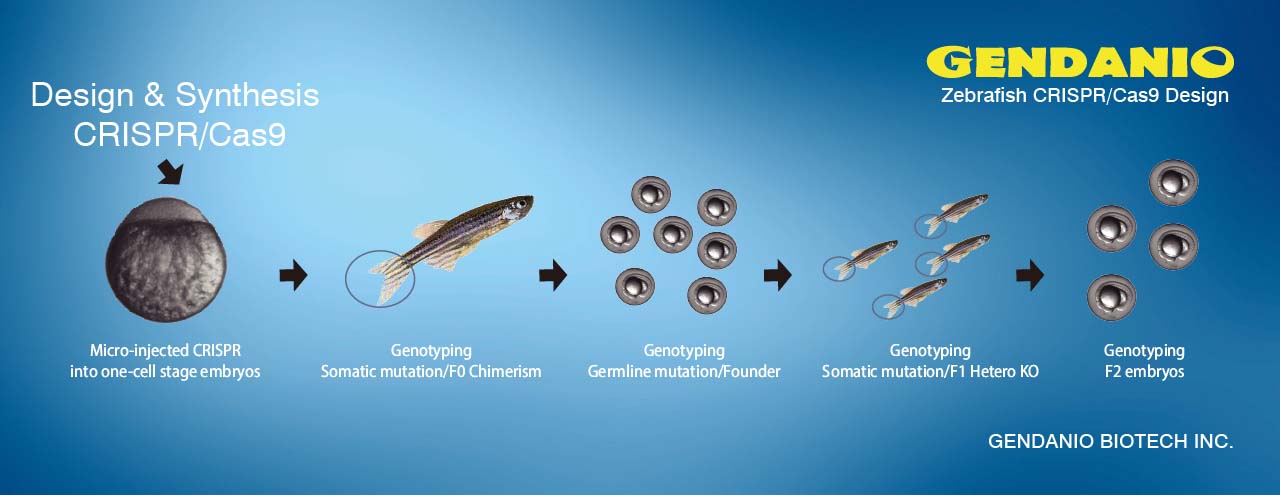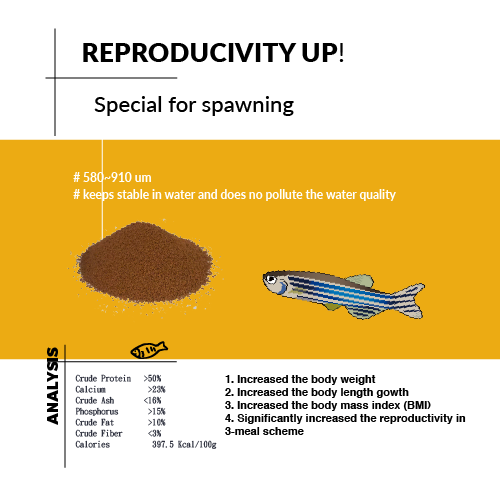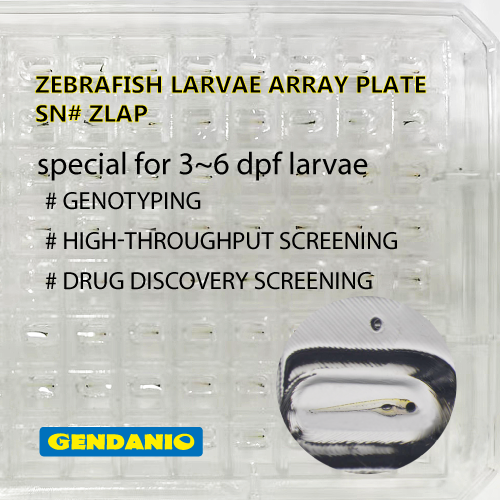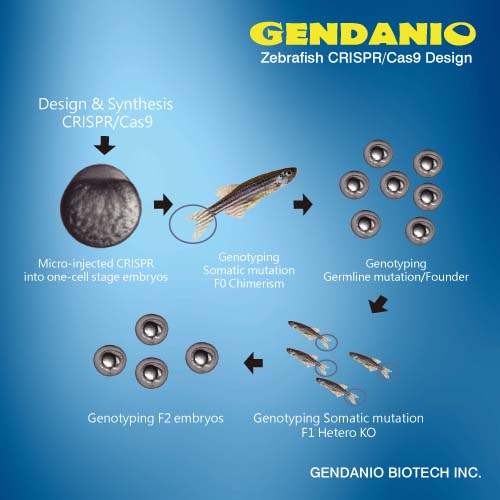ScienceDaily (July 31, 2009) — The effects of amphetamines on gene expression in zebrafish have been uncovered. This new study, published inGenome Biology, provides clues to the genetics that underlie susceptibility to addiction by describing the nad zebrafish mutant, which does not feel the rewarding effects of the drugs.
Katharine Webb, from the German Research Center for Environmental Health, Helmholtz Zentrum München, worked with an international team of researchers to carry out the experiments. She said, "Addictive drugs all trigger a sequence of widespread long-lasting consequences on brain physiology, most of which are only partially understood. Because a major step in the development of addiction is the switch from drug use to drug abuse, we aimed to gain insight into the mechanisms triggering the initiation of addictive behaviour".
The team used the mutagenic chemical ENU to generate hundreds of mutant zebrafish. From these, they bred a line that did not respond to amphetamine administration (despite the presence of the drug in the fish's brain) but that appeared to be normal in all other ways. As amphetamine is experienced as pleasurable, amphetamine response was determined by measuring whether fish chose to move to a half of the tank where the drug had been given out.
By comparing these drug-proof nad mutants to fish with a normal response, Webb and her colleagues discovered a set of 139 genes that respond inappropriately to amphetamine in nad mutants, without being altered under normal conditions in either genotype. In addition to genes involved in pathways classically associated with reward, this gene set shows a striking enrichment in transcription factors that are specifically known for their involvement in brain development.
Even more interestingly, as the authors demonstrate, several of these genes are expressed in neurogenic domains of the adult fish brain – these are domains where neurons are generated from neural stem cells during adulthood. According to the researchers, "These factors, which are also dramatically down-regulated by amphetamine, can serve as valuable new entry points into studying the link between adult neurogenesis and addiction".
These results identify a new network of coordinated gene regulation that influences the response to amphetamine and may underlie the susceptibility to addiction.
Source: ScienceDaily
























